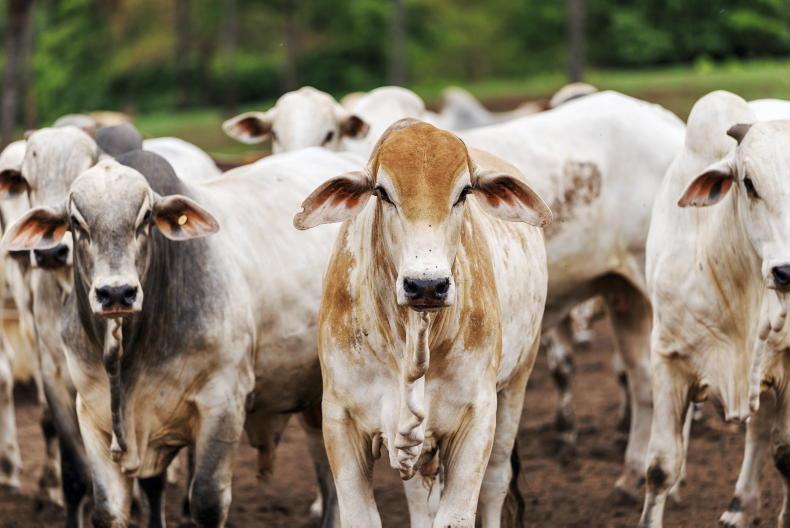In a letter to the European Commissioner for Agriculture and Rural Development, Phil Hogan, the European Livestock and Meat Trading Union (UECBV) has urged the EU to step up ‘‘technical dialogue’’ with Russian counterparts in order to resume the pork trade ‘‘sooner rather than later’’.
Trade restrictions were introduced in January 2014 by the Kremlin in response to the outbreak of African Swine Fever in Poland, Estonia, Lativa and Lithuania. This was imposed seven months before the political restriction on trade in August 2014.
The four-page letter stresses that Moscow has refused to recognise the regionalisation system used in the EU to control outbreaks of disease. The UECBV claims that the restrictions have equated to a €5bn loss to European producers. Before the ban, the Russian market imported 800,000t of pigmeat from Europe, including 350,000t of fat and by-products.
The letter suggests a three-pillar approach ahead of this week’s meeting of meat industry representatives with EU Health Commissioner Vytenis Andriukaitis. The meeting will discuss the revision of existing EU-Russia veterinary certificates of relevant commodities to allow the resumption of at least 40% of exports.
UECBV three-pillar approach:
1. Reopening of the Russian market.
2. Consolidating existing markets such as China and Japan for pork.
3. Opening up new markets.
The general secretary of the UECBV, Jean Luc Meriaux, stresses the importance of a free trade deal with Japan, given the fact that it imported 306,000t of high-quality European pork in 2014, worth €1.1bn.
“We cannot afford to lose a second outstanding market in the sector,” said Meriaux. “[Closer ties with Tokyo] also provide an opportunity to rebalance offensive and defensive interests.”









SHARING OPTIONS